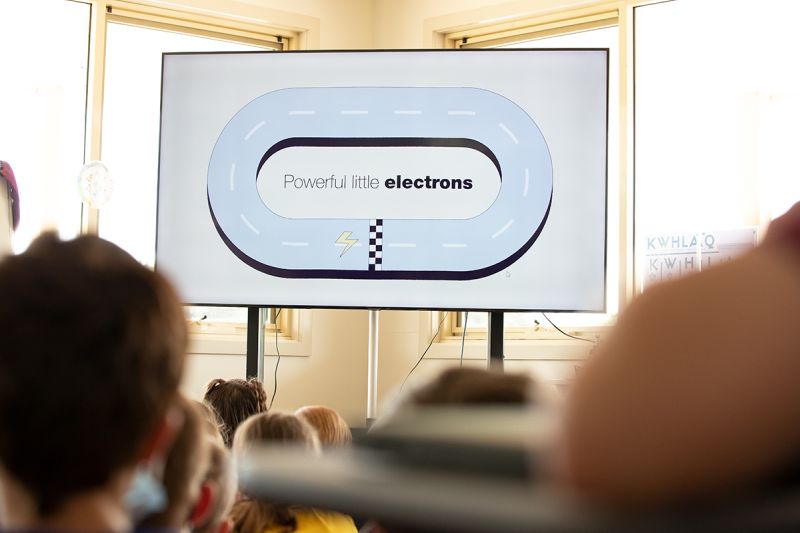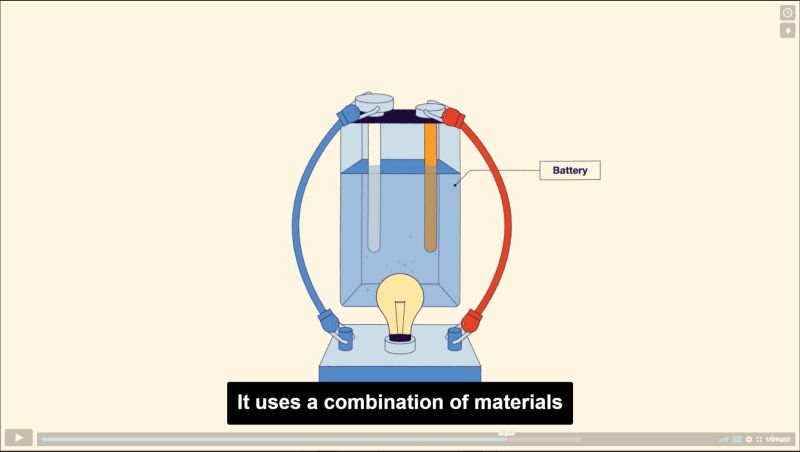Learn
We have developed a Learning Hub to support local schools with curriculum-linked content about electricity and renewable energy.
Take a look at the stand-alone website which features videos, interactive game & lesson plans for upper primary & lower secondary students.
neoenlearning.com
What does a big battery do?
Ever wondered what a big battery does?
Neoen and AusNet have made a wonderful animation that explores the many abilities of a grid-scale or big battery and the role they play in supporting the clean energy transition.
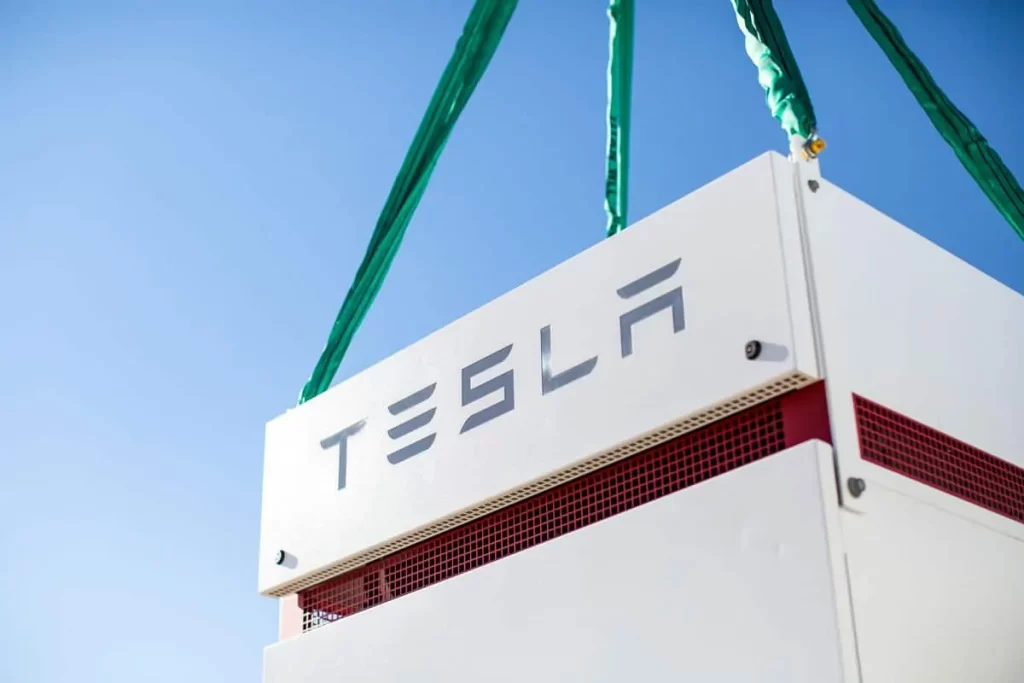
STRENGTHENING THE SOUTH AUSTRALIAN ELECTRICITY GRID
The fast ramping capability of the Tesla Powerpacks used at the Hornsdale Power Reserve (HPR) means that the facility can dispatch large amounts of power quickly and reliably. This means it can support the South Australian electricity grid and make major cost savings by providing frequency control and short-term network security services.
In 2019, HPR reduced costs in the National Electricity Market by $116M through the provision of Contingency and Regulation Frequency Control Ancillary Services (FCAS).
FREQUENCY CONTROL ANCILLARY SERVICES (FCAS)
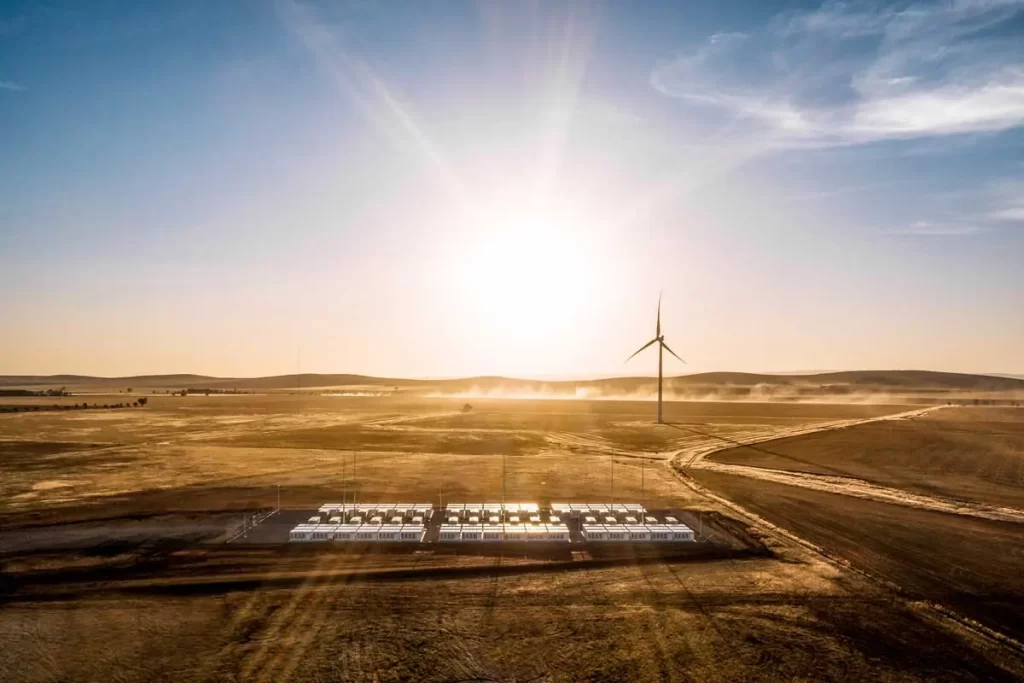
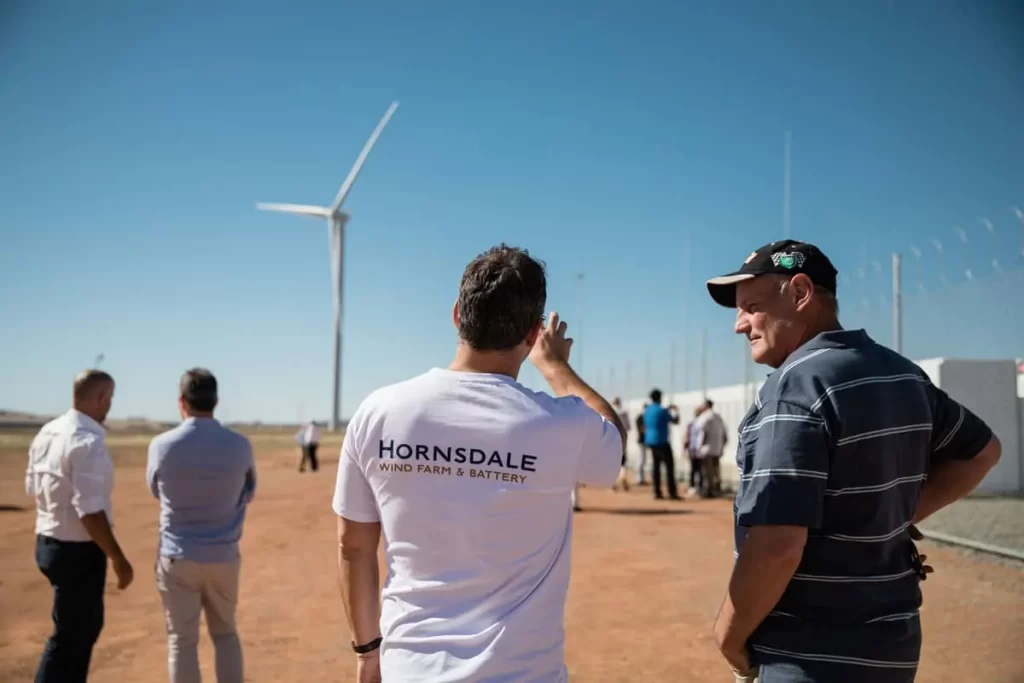
DISPATCHING LARGE AMOUNTS OF RENEWABLE POWER
A portion of the battery is dedicated to trading on the electricity market. This capacity is being used to store power from the grid when demand is low and dispatch it when demand is high, reducing the need for expensive gas ‘peaking plants’ and placing downward pressure on power prices for South Australian consumers.
PROJECT EXPANSION BENEFITS
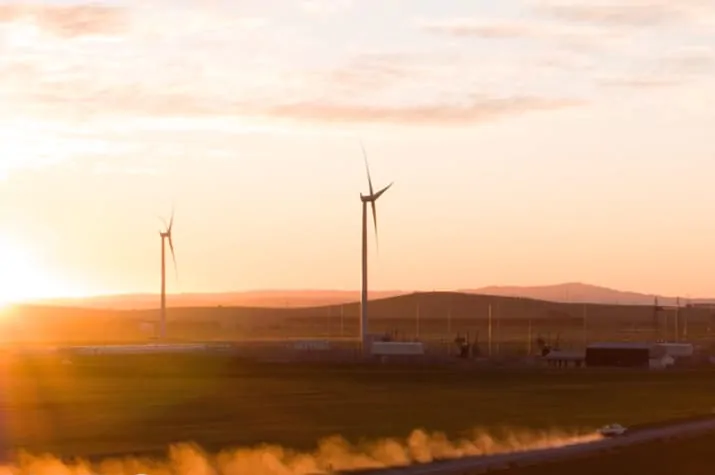
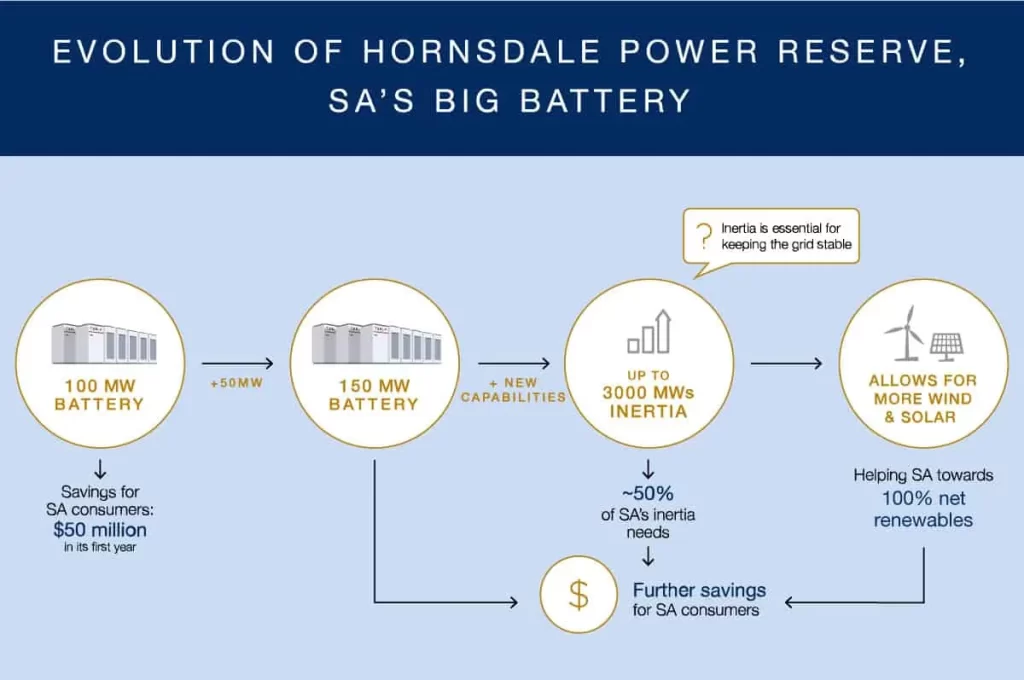
TESTING VIRTUAL INERTIA
As with vehicle suspension on an uneven road, inertia services are essential for stabilising the grid when electricity supply and demand fluctuate. HPR has been testing Tesla’s Virtual Machine Mode, which allows the advanced power inverters to emulate the existing inertia services being supplied by an ageing fleet of fossil fuel power plants. The level of inertia that would be provided by HPR could match half of the total needs of South Australia.
This Australian-first battery technology is trialling a response to supply fluctuations by automatically and rapidly charging and discharging. By imitating the behaviour of the existing fossil fuel-based services, the Hornsdale Power Reserve can arrest any grid frequency deviations through a clean and regenerative substitute.
The Australian Energy Market Operator has identified that the South Australian grid requires 6,000 megawatt-seconds (MWs) to maintain a secure operating level of inertia. It is anticipated that Hornsdale Power Reserve as expanded could provide up to 3,000MWs of inertia.
